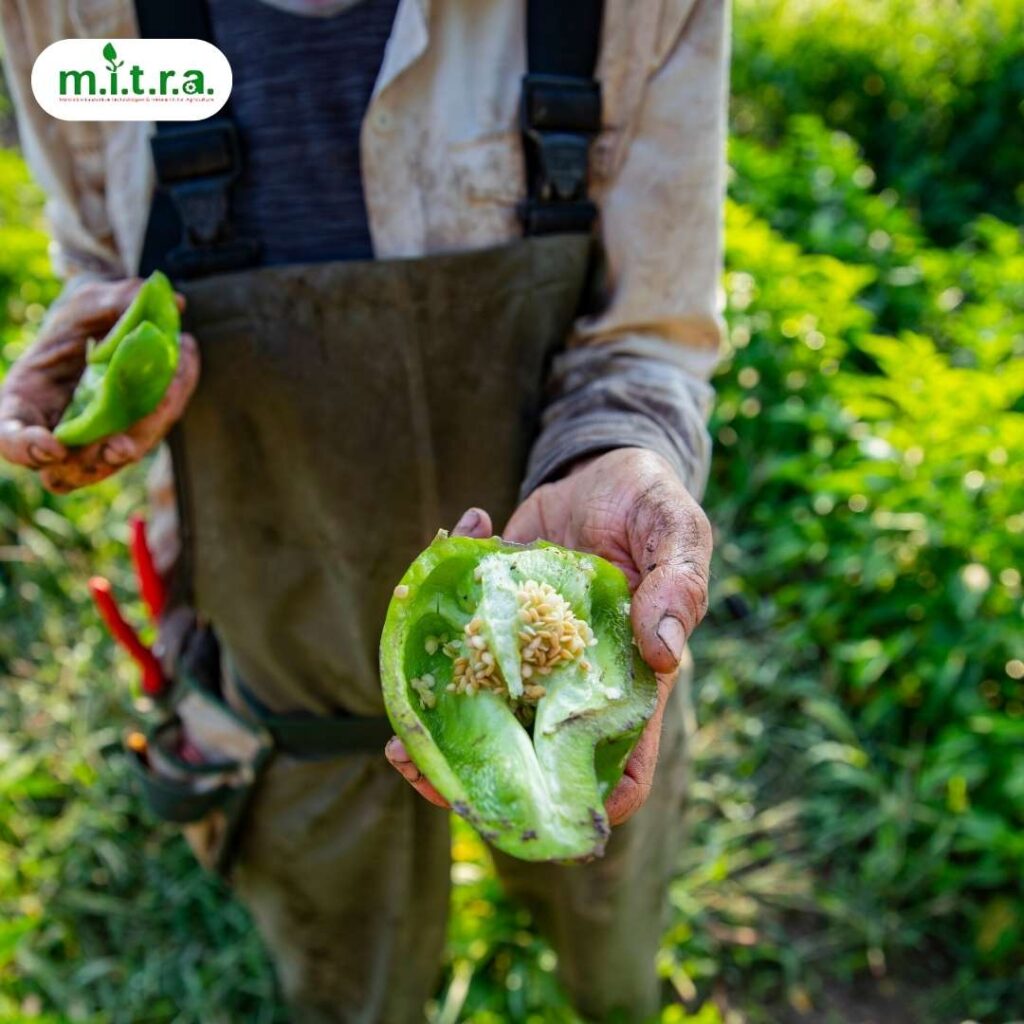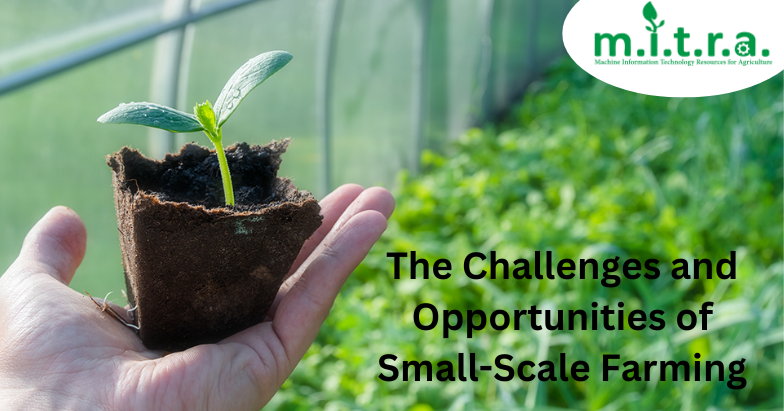A small-scale farming business can be rewarding and fulfilling, but it also presents several challenges and opportunities.
Definition and scope of small-scale farming:

Farmers in small-scale operations are typically run by one or a few families, with low production levels and a strong emphasis on sustainability. There are many types of agriculture in this category, including hoe farming, permaculture, hydroponics, and vertical farming. Additionally, they use tools such as tractor-mounted sprayers for crop protection, water projection, and other tasks.
Challenges faced by small-scale farmers:
Small-scale farmers often face several challenges that can make it difficult for them to succeed. These challenges include:
Mitra Is Leading Manufacturer Of High Quality Agricultural Sprayer
Get Free Demo
1. Limited access to land:
Small-scale farmers have difficulty acquiring land because it is too expensive or controlled by large landowners. It can make it difficult for them to establish their farms and grow their operations.
2. Lack of access to financing:
Banks and other financial institutions may have difficulties lending to small-scale farmers, making investments in their farms and improving their operations challenging.
3. Limited access to markets:
Small-scale farmers may have a tough time getting their products to market, either because they don’t have the infrastructure to transport them or because they lack the connections to sell them to buyers.
4. Limited access to education and training:
Small-scale farmers with fewer resources may find it harder to learn about the latest farming techniques and technologies because they have less access to education and training.
Need guidance?
We’d love to help you.

 Call Us
Call UsOpportunities for small-scale farmers:
Despite these challenges, small-scale farming offers many opportunities for farmers willing to take on the risk.
These opportunities include:
1. Creating a strong sense of community:
Small-scale farmers often form strong connections with their local communities, which gives them a sense of belonging.
2. A chance to be more in control of their work:
Small-scale farmers often have more control over their work than larger farmers do. It allows them to shape operations that align with their values and goals.
3. Contributing to the local economy:
A small-scale farmer can contribute significantly to the local economy, creating jobs for locals and supplying their communities with food.
4. A chance to experiment with new approaches:
Small-scale farmers often have the freedom to try new farming techniques and technologies, which can help them stay on the cutting edge of the industry. Small-scale farmers, for instance, use agriculture sprayers to keep crops hydrated and control pests.
A Reliable Agriculture Sprayer, Mitra sprayer!
Try Free
Examples of successful small-scale farms:
Examples of successful small-scale farms from around the world can help illustrate the challenges and opportunities of small-scale farming. Depending on the farming operation, these may range from traditional family farms handed down through generations to cutting-edge farms. Crop-specific tractor-trailed sprayers are ideal for horticulture farming, which calls for advanced agricultural techniques and sophisticated tools.
Conclusion:
In conclusion, small-scale farming can be a challenging but rewarding way to make a living. While it is not without its challenges, it also offers several opportunities for farmers willing to take on the risk. By highlighting the successes of small-scale farmers and how they are overcoming the challenges they face, we can help to support and promote this imperative sector of the agriculture industry.

